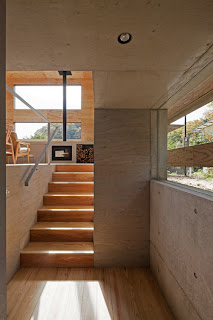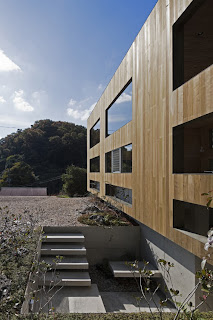Hometown: Italy
Founded: 1963
Founder: Ferruccio Lamborghini
About:Automobili Lamborghini was founded by Ferruccio Lamborghini, the child of viticulturists from the comune (township) of Renazzo
di Cento, Province of Ferrara, in the Emilia-Romagna region of Northern Italy. After serving as a mechanic in the Regia Aeronautica during World War II, Lamborghini went into business building tractors out of leftover military hardware from the war effort. By the mid-1950s, Lamborghini's tractor company, Lamborghini Trattori S.p.A., had become one of the largest agricultural equipment manufacturers in the country. He was also the owner of a successful gas heater and air conditioning manufacturer. Lamborghini's wealth allowed him to cultivate a childhood interest in cars, owning a number of luxury automobiles including Alfa Romeos, Lancias, Maseratis, and a Mercedes Benz.He purchased his first Ferrari, a 250GT, in 1958, and went on to own several more. Lamborghini was fond of the Ferraris, but considered them too noisy and rough to be proper road cars, likening them to repurposed track cars. When Lamborghini discovered that the clutch on his Ferrari was broken, and actually was the same clutch that he used on his tractors, Lamborghini went to Ferrari and asked for a better replacement. Ferrari responded, saying that he was just a little tractor maker, and could not know anything about sports cars.
Founded: 1963
Founder: Ferruccio Lamborghini
About:Automobili Lamborghini was founded by Ferruccio Lamborghini, the child of viticulturists from the comune (township) of Renazzo
di Cento, Province of Ferrara, in the Emilia-Romagna region of Northern Italy. After serving as a mechanic in the Regia Aeronautica during World War II, Lamborghini went into business building tractors out of leftover military hardware from the war effort. By the mid-1950s, Lamborghini's tractor company, Lamborghini Trattori S.p.A., had become one of the largest agricultural equipment manufacturers in the country. He was also the owner of a successful gas heater and air conditioning manufacturer. Lamborghini's wealth allowed him to cultivate a childhood interest in cars, owning a number of luxury automobiles including Alfa Romeos, Lancias, Maseratis, and a Mercedes Benz.He purchased his first Ferrari, a 250GT, in 1958, and went on to own several more. Lamborghini was fond of the Ferraris, but considered them too noisy and rough to be proper road cars, likening them to repurposed track cars. When Lamborghini discovered that the clutch on his Ferrari was broken, and actually was the same clutch that he used on his tractors, Lamborghini went to Ferrari and asked for a better replacement. Ferrari responded, saying that he was just a little tractor maker, and could not know anything about sports cars.
































